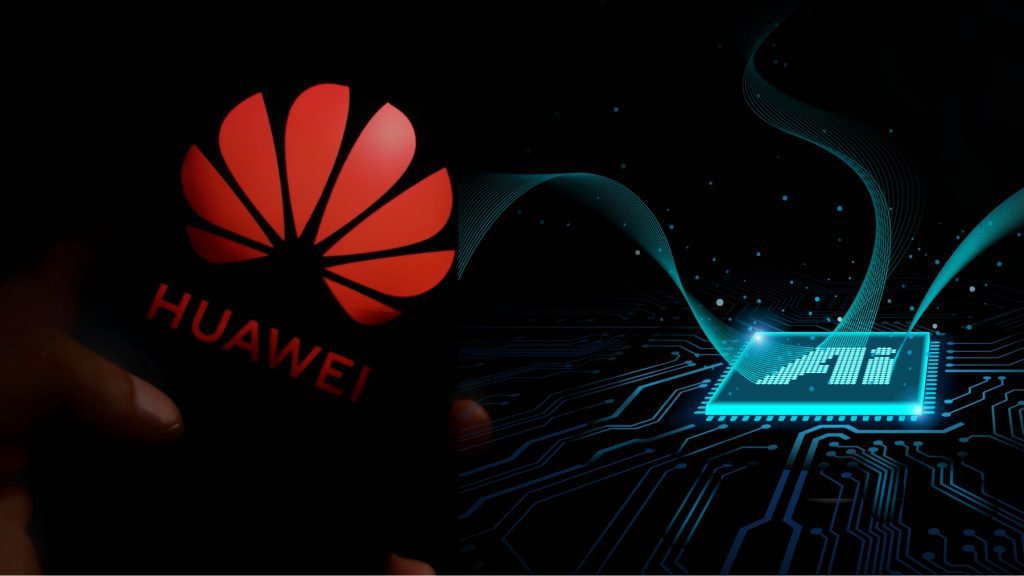
Huawei announced its “All Intelligence” strategy during the annual Huawei Connect event in Shanghai, signaling a decade-long commitment to AI.
- The strategy is designed to harness AI’s potential and offer new strategic opportunities to various industries.
- The company wants to accelerate digitization across sectors, including finance, government, manufacturing, electric power, and railways.
On September 20th, Chinese tech and telecoms giant Huawei announced its “All Intelligence” strategy, a decade-long commitment to AI, during the annual Huawei Connect event held in Shanghai.
In a statement, Huawei said, “As artificial intelligence gains steam and its impact on industry continues to grow, Huawei’s All Intelligence strategy is designed to help all industries make the most of new strategic opportunities.”
This shift comes off as a natural continuance to the company’s previous emphasis on cloud computing and intellectual property. In her keynote address, Sabrina Meng, Huawei’s Deputy Chairwoman, Rotating Chairwoman, and CFO, said that the company “is committed to building a solid computing backbone for China – and another option for the world. We will keep strengthening the synergy between hardware, software, chips, edge, devices, and cloud to provide fertile ground for a thriving ecosystem. Our end goal is to help meet the diverse AI computing needs of different industries.”
Speaking of the Chinese Communist Party, Huawei has become its biggest supporter in terms of digital power. China has provided Huawei with financial support, access to resources, and contracts. In return, Huawei’s advancements in 5G technology, AI, and surveillance systems have enabled China’s expansion of its capabilities for digital surveillance and control. Both domestically and internationally.
By prioritizing AI development, Huawei aims to accelerate the digitization of various industries, including finance, government, manufacturing, electric power, and railways. As such it fosters data-driven decision-making, enhances the efficiency of governance, and facilitates innovation across these sectors. In turn, it will empower China to harness the full potential of AI in smart cities.
Look at the Xiong’an New Area. It’s a high-tech, ecologically friendly development in south Beijing. The project includes technology within the city’s infrastructure, including underground logistics, water treatment, and digital systems. And Huawei’s involvement in the Smart City Industry Ecosystem (SCIE) positions the company to play a significant role in the development of Xiong’an in China. By aggregating data and providing complete service capabilities, Huawei can activate the digital assets of cities and drive the digital transformation of Xiong’an.
Coincidentally, on the same day, China’s Ministry of State Security accused the United States of infiltrating Huawei servers nearly 15 years ago. According to the statement, the US National Security Agency (NSA), in particular, had allegedly “repeatedly conducted systematic and platform-based attacks on China in an attempt to steal China’s important data resources.” Are the Sino-American tensions ever going to relax?
Inside Telecom provides you with an extensive list of content covering all aspects of the tech industry. Keep an eye on our Telecom sections to stay informed and up-to-date with our daily articles.